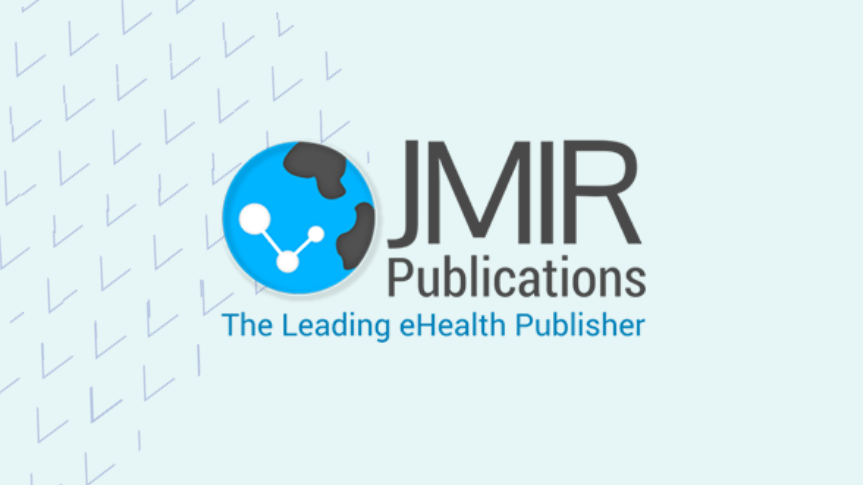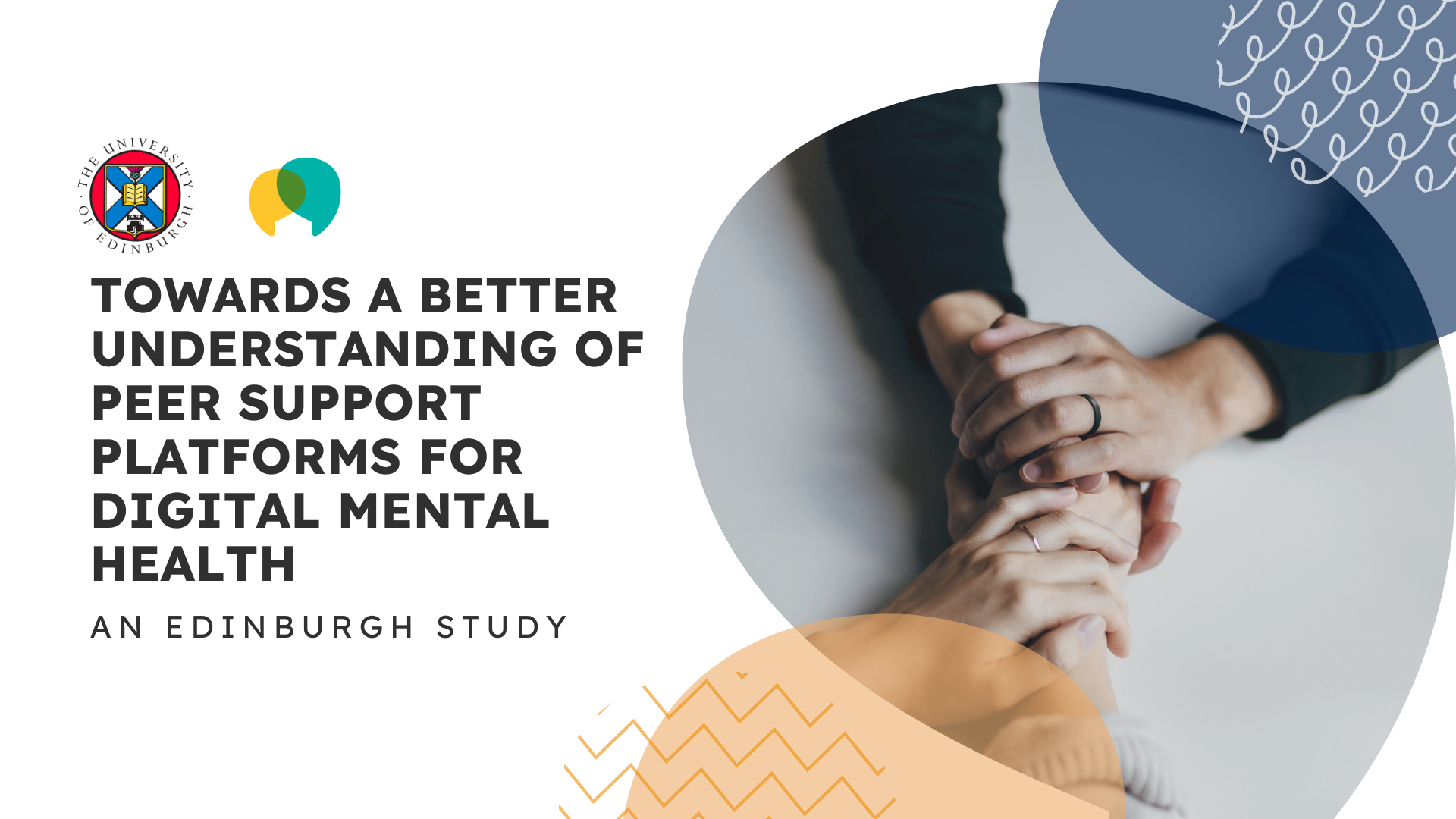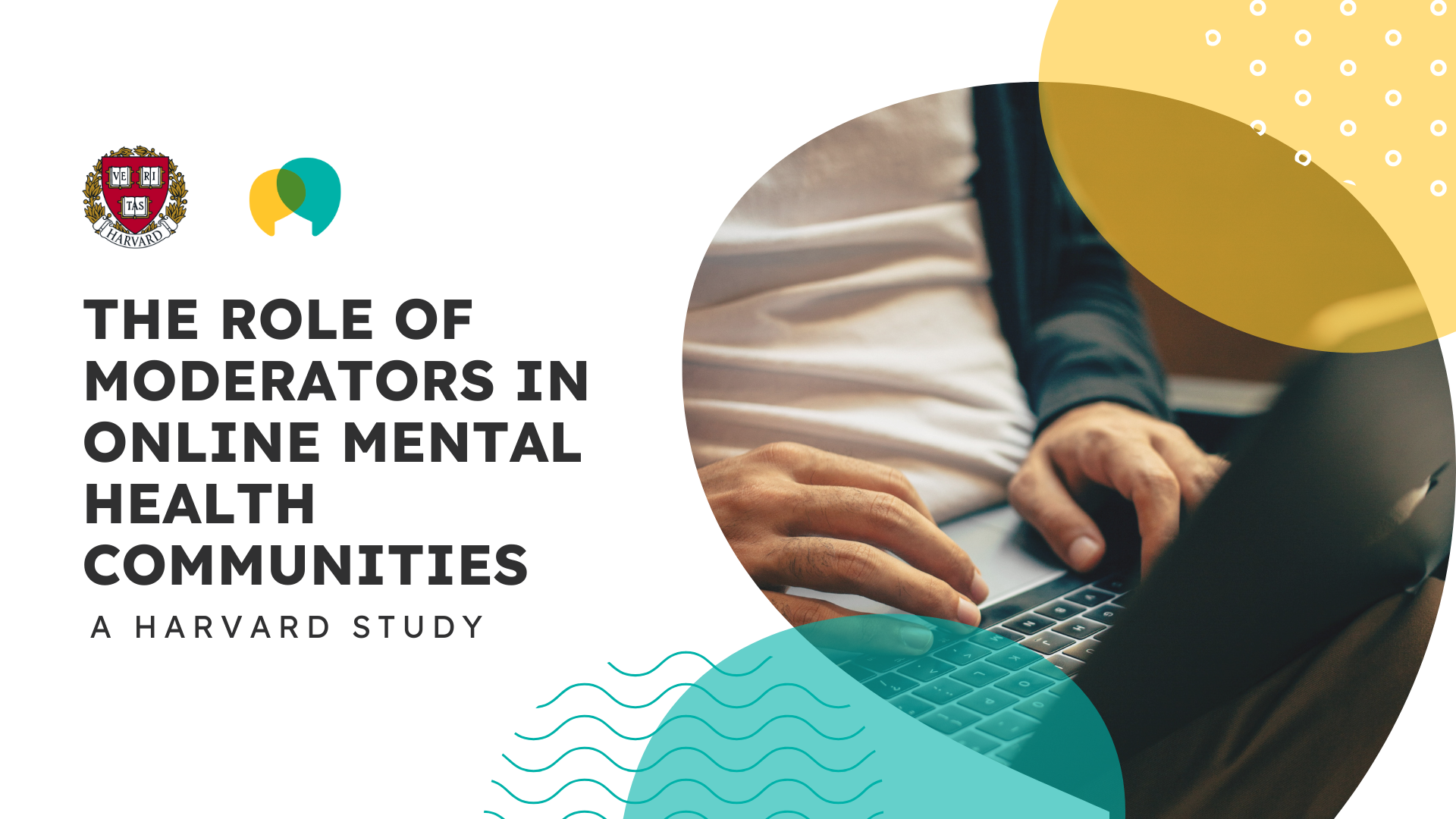Longitudinal Changes in Psychological States in Online Health Community Members

February 12 2020
Abstract
Background
Major depression is a serious challenge at both the individual and population levels. Although online health communities have shown the potential to reduce the symptoms of depression, emotional contagion theory suggests that negative emotion can spread within a community, and prolonged interactions with other depressed individuals has potential to worsen the symptoms of depression.
Objective
The goals of our study were to investigate longitudinal changes in psychological states that are manifested through linguistic changes in depression community members who are interacting with other depressed individuals.
Methods
We examined emotion-related language usages using the Linguistic Inquiry and Word Count (LIWC) program for each member of a depression community from Reddit. To measure the changes, we applied linear least-squares regression to the LIWC scores against the interaction sequence for each member. We measured the differences in linguistic changes against three online health communities focusing on positive emotion, diabetes, and irritable bowel syndrome.
Results
On average, members of an online depression community showed improvement in 9 of 10 prespecified linguistic dimensions: “positive emotion,” “negative emotion,” “anxiety,” “anger,” “sadness,” “first person singular,” “negation,” “swear words,” and “death.” Moreover, these members improved either significantly or at least as much as members of other online health communities.
Conclusions
We provide new insights into the impact of prolonged participation in an online depression community and highlight the positive emotion change in members. The findings of this study should be interpreted with caution, because participating in an online depression community is not the sole factor for improvement or worsening of depressive symptoms. Still, the consistent statistical results including comparative analyses with different communities could indicate that the emotion-related language usage of depression community members are improving either significantly or at least as much as members of other online communities. On the basis of these findings, we contribute practical suggestions for designing online depression communities to enhance psychosocial benefit gains for members. We consider these results to be an important step toward a better understanding of the impact of prolonged participation in an online depression community, in addition to providing insights into the long-term psychosocial well-being of members.
Continue reading the original article here:
https://www.jmir.org/2017/3/e71/








